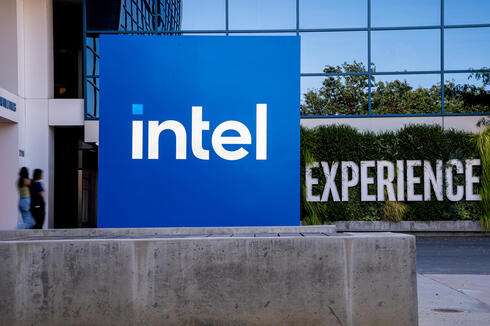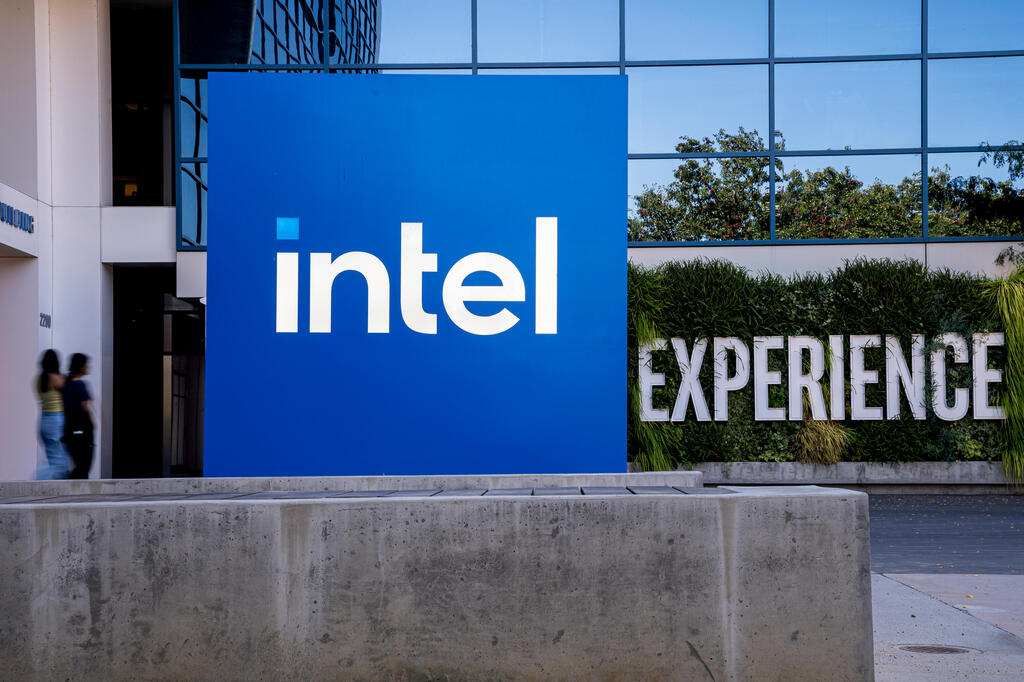
Intel slashes employee bonuses amid financial struggles
Annual bonuses drop to 0.8 months’ salary as company's challenges mount.
Intel has decided to grant its employees in Israel an annual bonus equal to 0.8 months’ salary, a sharp drop from the 2.5 to 3 months’ salary bonuses the company has regularly distributed in previous years.
While the size of the annual bonuses for 2024 has dropped, Intel also provided a $5,000 grant to all of its employees in Israel following the onset of the war, and offered further financial support to hundreds of employees who were directly impacted by the war.
Intel said in response: “Bonuses will also be distributed to company employees this year, depending on business results.”
The bonus reduction, coupled with the decline in the value of restricted stock units (RSUs) due to Intel’s falling share price, has significantly impacted employee compensation compared to past years. Nevertheless, in light of Intel’s current financial struggles, the fact that any bonus is being awarded at all may come as an unexpected positive.
Shares of the Santa Clara, California-based company fell about 60% in 2024.
Intel posted December-quarter results that beat analysts' low expectations last week, but its forecast for current-quarter revenue fell short as it struggles with tepid demand for its data center chips. Investors are also waiting for clarity on the appointment of a new CEO.
Intel’s quarterly results and forecast were overshadowed by concerns about its long-term strategy and efforts to replace former CEO Pat Gelsinger, who was ousted in December. Two interim co-CEOs are currently leading the former No. 1 U.S. chipmaker, which is struggling to catch up to its rivals, particularly AI chip giant Nvidia.
In its earnings report, Intel said it expects first-quarter revenue of $11.7 billion to $12.7 billion, below analysts’ average estimate of $12.87 billion, according to data compiled by LSEG.
Intel reported that fourth-quarter revenue fell 7% year-over-year to $14.26 billion, surpassing estimates of $13.81 billion.
Earlier this month, Intel said it plans to transform its venture capital arm, Intel Capital, into a standalone entity, signaling a pivotal moment for one of the world’s most prominent corporate venture funds. The move aligned with the company's broader strategy of optimizing its assets while fostering greater focus and efficiency.
The decision to spin off Intel Capital comes at a time of broader restructuring at Intel. The company has faced significant challenges, including delays in factory projects in Europe and Asia, large-scale layoffs, and the resignation of CEO Pat Gelsinger in late 2024. Gelsinger’s ambitious plans to revitalize Intel through advanced manufacturing and AI technologies struggled to materialize, prompting the company to focus on strategic realignments.














